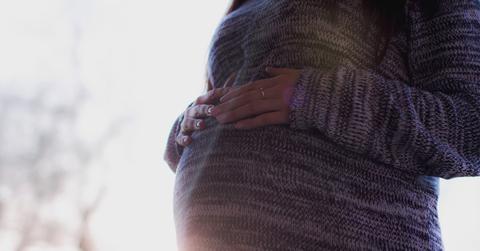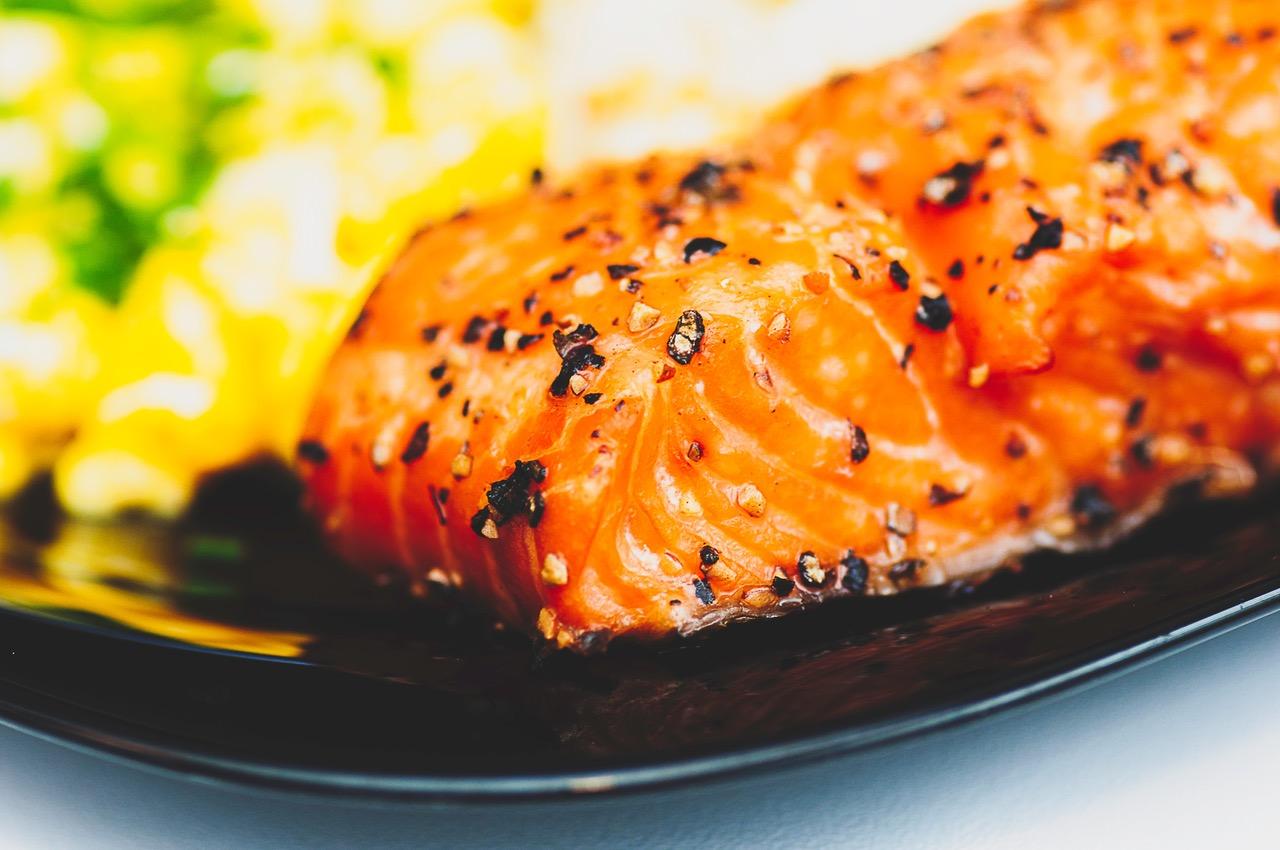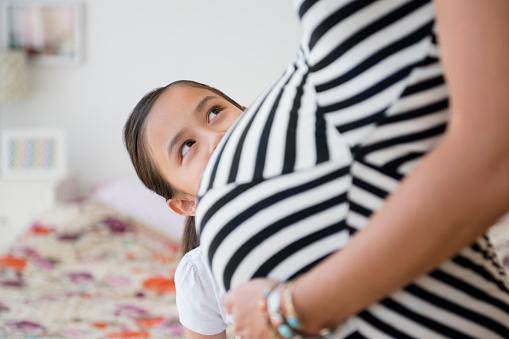Is It Safe To Eat Fish While Pregnant? Here's What Scientists Suggest
It's one of the most discussed food items during pregnancy. It's been shown to aid fetal brain development, but also carries risks. What does science really say about the pros and cons of eating fish while pregnant? We have the answers.
Updated May 24 2019, 9:57 a.m. ET
It's one of the most discussed food items during pregnancy. It's been shown to aid fetal brain development, but also carries risks. What does science really say about the pros and cons of eating fish while pregnant?
First, it's worth noting the type of information that has led to some expectant mothers choosing to avoid fish, in recent years. In 2016, JAMA Pediatrics released a study which found that high consumption of fish during pregnancy was linked to an increased risk of rapid growth and childhood obesity in young children. According to this study, "fish is...a common source of human exposure to persistent organic pollutants, which may exert endocrine-disrupting properties and contribute to obesity development."
The main organic pollutant at fault seemed to be mercury. Because of fish's unique biology, their bodies do not process mercury in the same way other animals do. Buildups of the metal can occur in fish's muscles, especially in large ocean species, and older individual fish. Because of this, the American Pregnancy Association recommends completely avoiding four species in particular: tilefish from the Gulf of Mexico, swordfish, shark and king mackerel.
The Association also recommends caution when eating locally-caught fish, and suggests that pregnant women call their local health departments for information on specific bodies of water. In addition, raw fish is mentioned as carrying a higher risk of food-borne illness, unless it is frozen in a manner specific to sushi grade meat.
Then, there's the risk of parasites. Fish have a bad reputation when it comes to this, but the risk of ingesting parasites in fish is low--much lower than the risk of getting sick from more common bacteria, which could be found on any type of meat, not just fish. Even fish which do have parasites can usually be ingested safely by humans, as most parasites are specially-adapted for living in just one type of organism.
In other words, a fish parasite won't usually be able to adapt into a people-parasite. This is usually a moot point anyway, since as long as fish is properly cooked, parasites cannot survive in the meat. Still, salmon and trout in particular can carry parasites which may transfer to humans, most notably roundworm and tapeworm. Which makes eating raw or lightly cooked salmon or trout a potentially bad idea.
With all these risks taken into account, what conclusions has the scientific community come to, regarding fish consumption by pregnant women? Are there positives to outweigh the rather scary-sounding negatives? To put it simply, yes. There are quite a few.
According to the Alliance for Patient Access, fish is one of the best foods that expectant mothers can consume, due to its immense nutritional benefits. Fish consumption by pregnant women has been shown to aid tremendously in fetal brain development:
"Fish consumption can be a valuable source of iron and vitamin D, the Fast Facts bulletin explains, as well as omega-3 fatty acids such as DHA. These nutritional benefits also translate into a developmental boost for developing babies; fish consumption can boost babies’ IQ by 2.63 points and allow them to reach developmental milestones, such as sitting up, more quickly."
The National Coalition for Infant Health recently released a "Fast Facts" bulletin on the issue of fish consumption during pregnancy. According to the bulletin, it is recommended by both the U.S. Food and Drug Administration and the 2015-2020 Dietary Guidelines for Americans that pregnant women eat at least two to three servings of adequately-cooked fish per week.
Yet the average woman eats only 1.89 ounces per week while pregnant, and thus misses out on many nutritional benefits. According to the bulletin, a media narrative which "overemphasizes the risks – and underplays the net benefits – of fish consumption" may be to blame.
All in all, there seems to be concrete scientific evidence that the benefits of fish consumption during pregnancy outweigh the risks, as long as women stay within the guidelines outlined by the FDA. The risk of over consumption of mercury is low, as long as certain oceanic species are avoided. The risk of parasites is not high by any means, but even the most common species which carry parasites can be avoided with plenty of others left to choose from.
And while it's true that under-cooked fish should be avoided if at all possible, most restaurant-grade sushi has been frozen at temperatures low enough to kill any bacteria that cause common food-borne illnesses. It's also worth noting that the FDA recommends that pregnant women avoid all under-cooked meats, not just fish.
Of course, every expectant mother will need to draw her own conclusions about what is best for her own family. There are reasons beyond health risks that fish might be avoided, including vegetarianism, veganism, and food aversion. For those choosing to forgo fish, Omega-3 supplements might be a good alternative to aid in prenatal development.
Eco-conscious mothers-to-be might also be concerned about over-fishing and the impact seafood can have on the environment. Those interested should check out the Environmental Defense Fund's Seafood Selector, which can help pinpoint which fish species are most at-risk for over-fishing, and thus should be avoided not only by expectant mothers, but by all.


